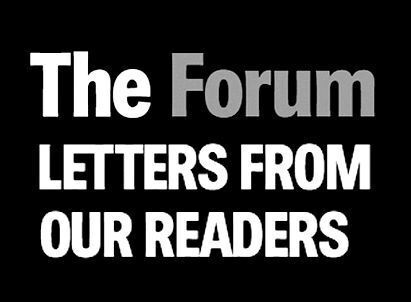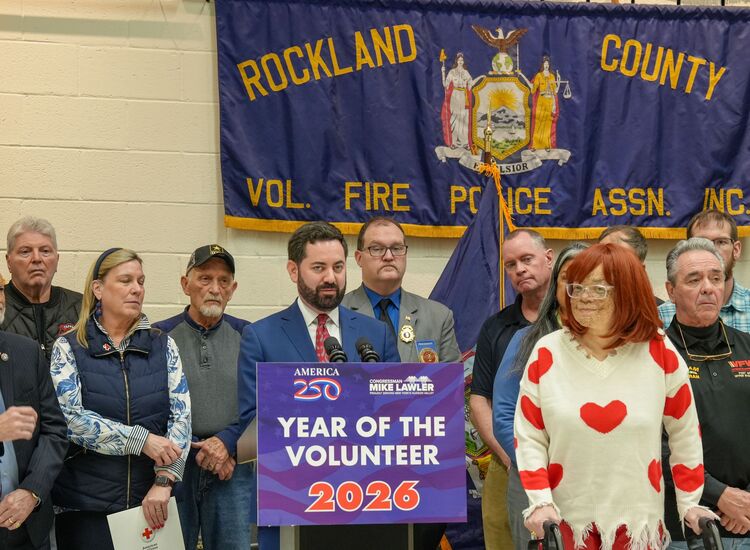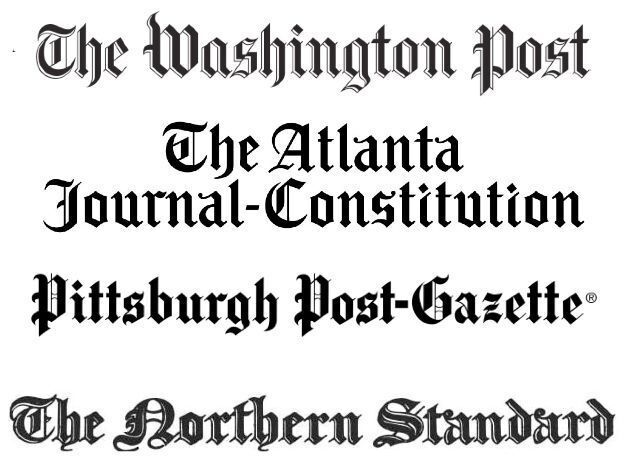Tim V. Smyth and Carol Anne McGowan, aka Hidden Highways, will be touring Ireland throughout the summer.
By Colleen Taylor
For Irish duo Hidden Highways, subtlety is the key to good music. Understatement, sophistication, and musical nostalgia are what define this Americana-folk act. Made up of Tim V. Smyth and Carol Anne McGowan, Hidden Highways resurrects mid-century America with each song they play, both the Johnny Cash style and the Bob Dylan profundity. But they aren’t a cover band. Hidden Highways views the best of 20th-century American folk music from an outside point of view, through Irish eyes. Perhaps that’s what makes their music special. They reproduce what historically made older folk artists great through the re-interpretation of an Irish background and innovative, original songwriting.
Hidden Highways is still in the first phase of its career. They only released their debut album, “Old Hearts Reborn,” in 2013. Right away, it was received enthusiastically by critics in Ireland. The Irish Times heralded McGowan and Smyth’s simple sound. However, while there is undeniable beauty in Hidden Highways’ scaled-back musical style, to label them “simple” is, in some ways, an injustice. The seamlessness of their sound in “Old Hearts Reborn” speaks to the time, thought and meticulous work that went into their songwriting. While the finished product might sound simple, the musical craftsmanship behind it is anything but. The songs invoke the past in a way that is easy and unforced. Such fluidity differentiates Smyth and McGowan from the typical run-of-the-mill 20th-century folk cover band or the average Cash fanatic. This duo has earned complete ownership of their music’s timelessness.
“The Western Line” is one of my favorites on the album. It opens with the softest of guitar chords, comparable to a lullaby, followed by McGowan’s gorgeously whispered vocals. Her voice is smoky and classic, like a folksy Judy Garland. This song is a truly exquisite ballad-lullaby whose slow, melodic tune has an instantaneously nostalgic effect. As much as Hidden Highways finds their inspiration in the old American West, they also recreate that periodization for the listener, so that you feel like you are right there, on the Western Line.
As with “The Western Line,” many other songs on the album, like “The End of the Road” and “The World Began with a Waltz,” mystify the ears and the mind. There is magic in the way the soft acoustic guitar sways in time with the sweet, heartbreaking vocals of McGowan and Smyth. Some of this is owing to the duo’s beautifully harmonized humming, or the benefit of modern-day technology, which creates an echoing, pulsing effect on some of the tracks, such as “Next Time Around.” Whatever the cause, time and time again, with each listen, the experience is equally as strong as the last time: the song removes you from present time and space, and places you in an otherworldly past, where life was simpler, but just as painful. These songs communicate a tragic air—they emulate the loss of the past as well as resurrect it sonically.
With musical powers like these, it’s no surprise that Hidden Highways has been touring the folk venues of Ireland frequently since their debut release in 2013. They’ve played sold-out shows twice in a row at the Kilkenny Roots festival. An American TV show, “The Red Road” even picked up one of their tracks for its soundtrack. After a stellar show in Limerick two weeks ago, the band plans to tour throughout Ireland for the summer.
Hidden Highways reminds us that some of the best music has already been made—decades, even centuries ago. But that doesn’t mean it’s dead and gone. That music still lives nowadays, and, as Smyth and McGowan evince, it can be re-created with fresh ears and voices. Visit Hidden Highways’ Facebook page or “Out on a Limb Records” for more information.
Colleen Taylor writes the "Music Notes" column each week in the Irish Echo.










